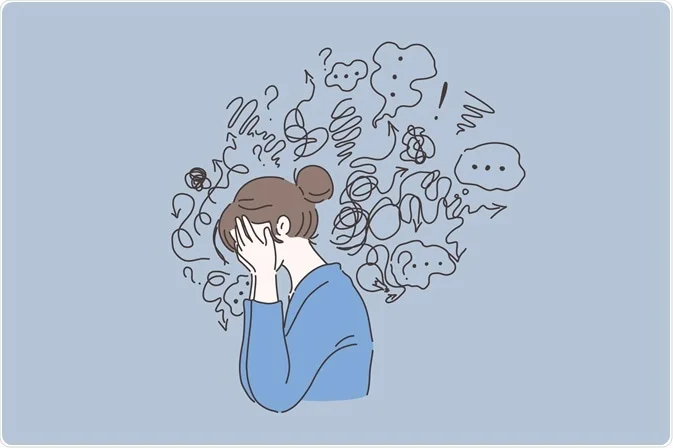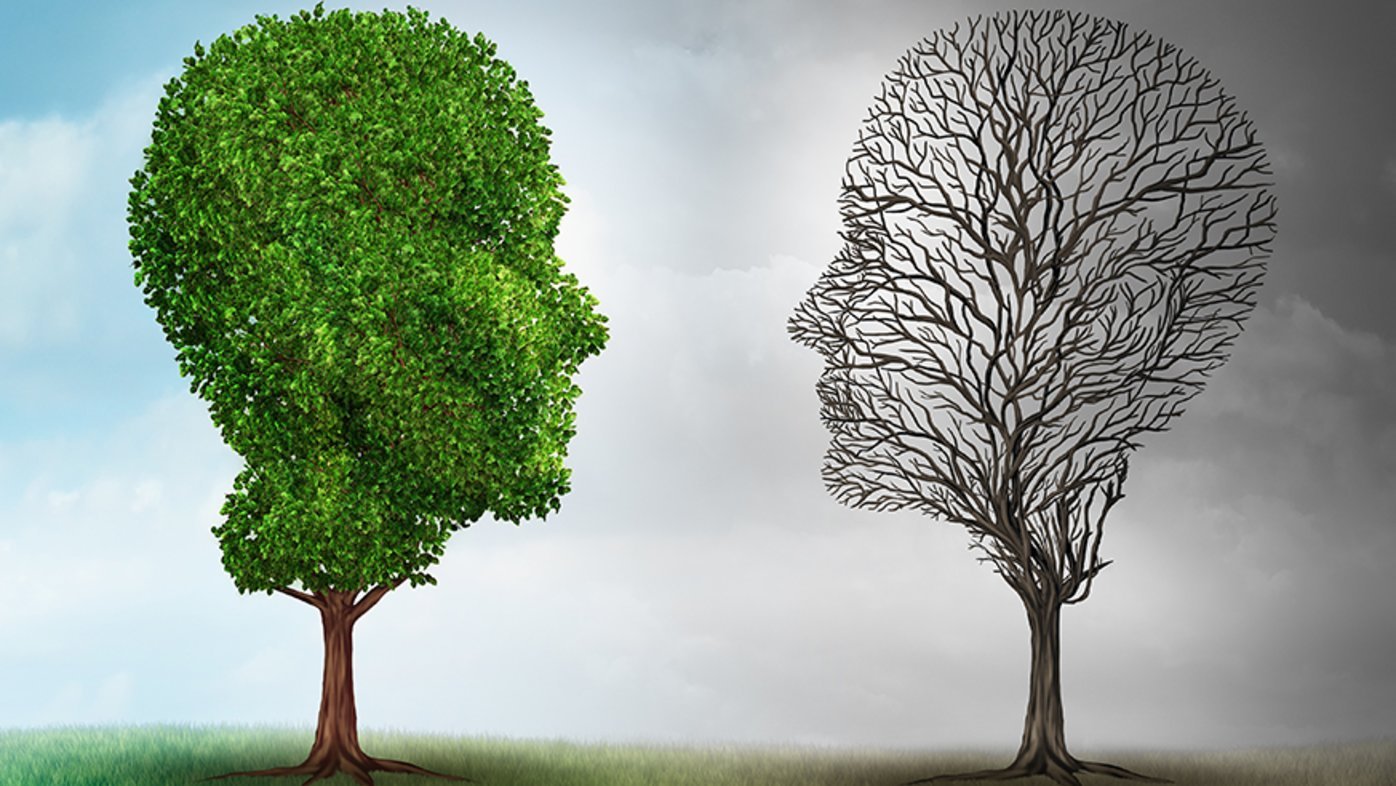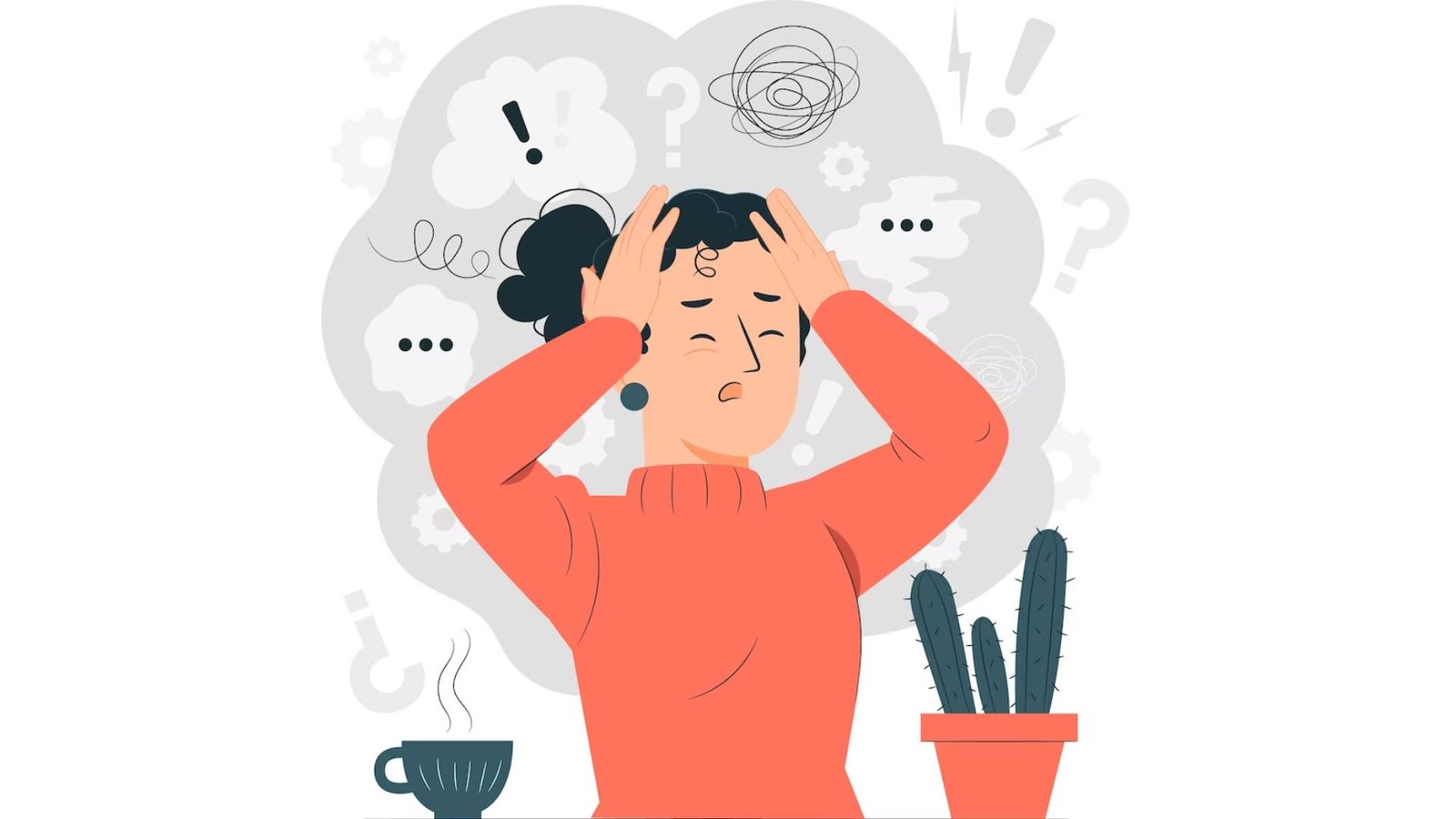DEPARTMENTS

DEPRESSION
Depression is a mental health condition characterized by persistent feelings of sadness, hopelessness, and a lack of interest in activities that were once enjoyable. It can affect how you think, feel, and handle daily activities. Symptoms may include changes in appetite or weight, sleep disturbances, fatigue, difficulty concentrating, feelings of worthlessness or guilt, and thoughts of death or suicide. Depression can vary in severity, from mild to severe, and can be caused by a combination of genetic, biological, environmental, and psychological factors. Treatment often involves a combination of therapy, medication, and lifestyle changes. It’s important for individuals experiencing depression to seek support from healthcare professionals and loved ones.


BIPOLAR DISORDER
Bipolar disorder, formerly known as manic-depressive illness, is a mental health condition characterized by extreme mood swings that include emotional highs (mania or hypomania) and lows (depression). During a manic episode, individuals may experience elevated mood, increased energy, and risky behavior. On the other hand, depressive episodes involve feelings of sadness, hopelessness, and a lack of interest in activities. These mood swings can affect sleep, energy levels, judgment, and the ability to think clearly. Bipolar disorder can be challenging to diagnose as it may be mistaken for other mental health conditions. Treatment often involves a combination of medication, therapy, and lifestyle changes. With proper management, individuals with bipolar disorder can lead fulfilling lives. Regular monitoring and support from mental health professionals and loved ones are crucial for managing the condition effectively.
Obsessive-Compulsive Disorder (OCD)
Obsessive-Compulsive Disorder (OCD) is a mental health condition characterized by obsessions and compulsions that significantly interfere with daily life. Obsessions are intrusive and unwanted thoughts, images, or urges that cause distress. Compulsions are repetitive behaviors or mental acts performed in response to obsessions, often to alleviate anxiety or prevent a feared event. Common obsessions include fears of contamination, harm, or perfectionism, while compulsions may involve excessive cleaning, checking, or counting. OCD can cause significant distress and disruption in various areas of life, including work, relationships, and daily functioning. Treatment typically involves a combination of therapy, such as cognitive-behavioral therapy (CBT), and medication. With proper treatment and support, individuals with OCD can learn to manage their symptoms and improve their quality of life.


Marital Counseling
Marital counseling, also known as couples therapy or marriage counseling, is a form of therapy aimed at helping couples resolve conflicts, improve communication, and strengthen their relationship. It provides a safe and supportive environment for couples to address issues such as communication problems, conflicts, intimacy issues, and trust issues. A trained therapist facilitates sessions, guiding couples through discussions and exercises designed to promote understanding and empathy. Couples therapy can help partners develop healthier communication patterns, learn effective problem-solving skills, and rebuild trust. It can also provide tools to navigate major life transitions, such as parenting or career changes. Whether couples are facing crisis or seeking preventive care, marital counseling can be a valuable resource for fostering a healthy and fulfilling relationship.
Women’s Health Services
Women’s health services encompass a wide range of medical, preventive, and educational resources tailored to address the unique health needs of women throughout their lives. From reproductive and maternal health to sexual and menstrual health, these services cover various aspects of women’s well-being. They include gynecological care, contraceptive counseling, prenatal care, mental health support, and screenings for conditions like breast and cervical cancer. Access to women’s health services is essential for promoting overall well-being and addressing specific health concerns that uniquely affect women, offered by primary care physicians, gynecologists, obstetricians, and women’s health specialists across various healthcare settings.


PSYCHOTHERAPY
Psychotherapy, also known as talk therapy or counseling, is a collaborative treatment approach that involves working with a trained therapist to explore and address emotional, behavioral, and psychological challenges. Through regular sessions, individuals can gain insight into their thoughts, feelings, and behaviors, develop coping skills, and make positive changes in their lives. Psychotherapy can be conducted in various formats, including individual therapy, group therapy, or couples therapy, and is used to treat a wide range of mental health conditions such as depression, anxiety disorders, trauma-related disorders, eating disorders, and personality disorders. Different therapeutic techniques may be used, including cognitive-behavioral therapy (CBT), dialectical behavior therapy (DBT), and psychodynamic therapy. Overall, psychotherapy provides a supportive and confidential environment for individuals to explore their inner world and develop strategies for overcoming challenges, leading to improved mental health and well-being.
Couple and family therapy
Couple and family therapy, often referred to as marriage or family counseling, is a specialized form of psychotherapy aimed at improving relationships and resolving conflicts within couples and families. In these sessions, a trained therapist works with multiple individuals simultaneously to address interpersonal dynamics, communication patterns, and relational issues. Through guided discussions and exercises, couples and families can explore underlying issues, identify harmful patterns, and develop healthier ways of relating to one another. This therapeutic approach emphasizes collaboration, empathy, and understanding among all members involved. It can be particularly effective in addressing issues such as communication breakdowns, conflict resolution, parenting challenges, and coping with major life transitions. Ultimately, couple and family therapy aims to strengthen bonds, enhance communication, and foster a more harmonious and supportive family environment.


Sexual disorders
Sexual disorders encompass a range of conditions that affect a person’s ability to experience sexual arousal, satisfaction, or fulfillment. These disorders can manifest in various ways, including difficulties with desire, arousal, orgasm, or pain during sexual activity. Common sexual disorders include erectile dysfunction, premature ejaculation, female sexual interest/arousal disorder, and genito-pelvic pain/penetration disorder (formerly known as vaginismus or dyspareunia). These conditions can have physical, psychological, or relational causes and can significantly impact an individual’s quality of life and interpersonal relationships. Treatment for sexual disorders may involve medical interventions, psychotherapy, couples therapy, and lifestyle changes. Seeking support from healthcare professionals experienced in sexual health is essential for accurate diagnosis and effective management of these conditions.






